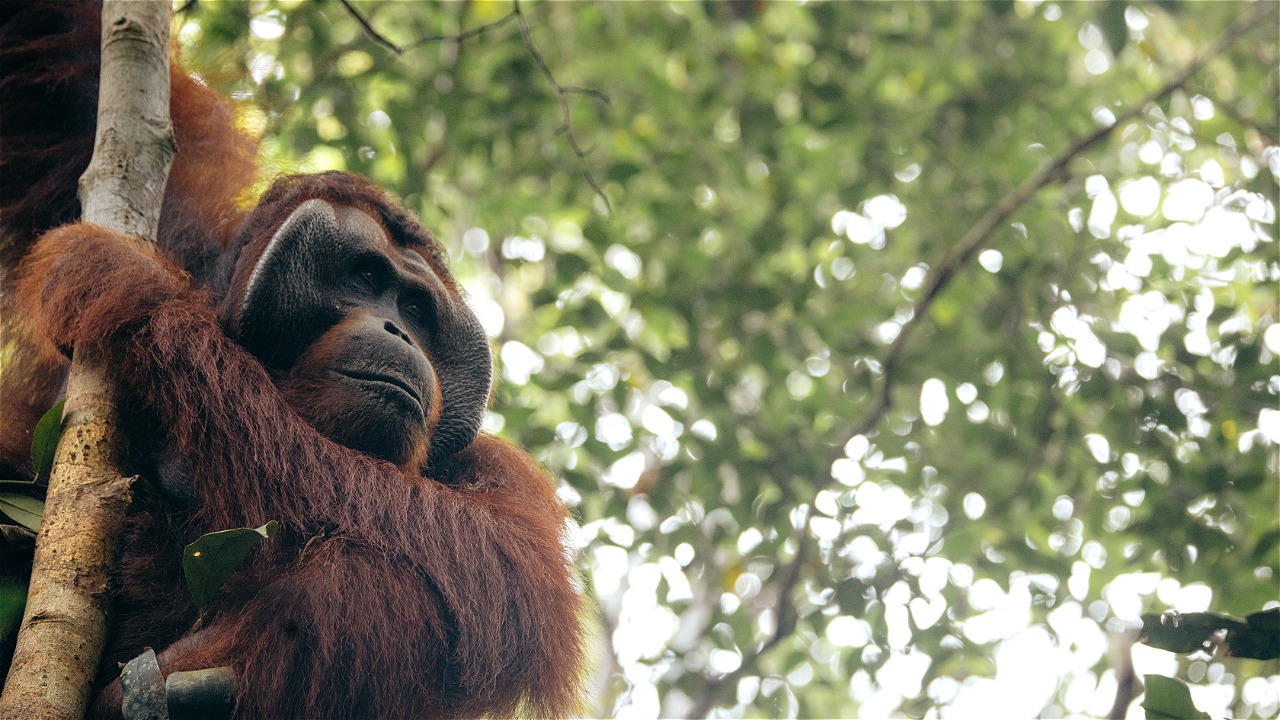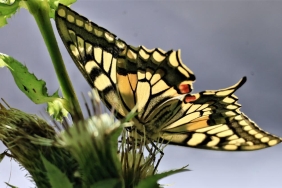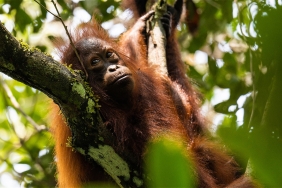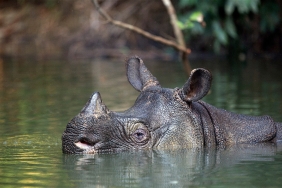BORNEAN ORANGUTAN'S ENDANGERED STATUS EMPHASIZES NEED FOR MORE INTENSIVE CONSERVATION EFFORTS
Jakarta - The Bornean Orangutan's population has been steadily declining over the past few decades, resulting in the Bornean Orangutan being included in the endangered species list released by the International Union for Conservation Nature (IUCN) last week. This is based on considerations of habitat loss and degradation and poaching in Indonesia and Malaysia.
In Borneo, orangutans mostly live outside protected areas, including areas where unsustainable timber industry practices, mining concessions and plantations have caused their habitat to become fragmented. Forest fires in recent years have also contributed to declining forest cover, leading to a greater threat of poaching, along with increased orangutan-people conflicts due to habitat loss. In order to maintain population stability and the continued existence of Bornean orangutans, efforts need to be strengthened in expanding protected areas and ensuring sustainable management of their habitat.
Arnold Sitompul, Conservation Director of WWF Indonesia, said, "This is a reminder to us that protection and restoration of Bornean orangutan habitat is imperative, as well as ensuring connectivity between orangutan habitats to ensure the sustainability of each population. Our conservation program shows that orangutan populations can be maintained in logging concession areas if managed in a sustainable way. This approach should be applied in larger landscapes, increasing our potential and chances of saving this species from extinction."
WWF's conservation efforts in Indonesia and Malaysia have shown that sustaining Bornean orangutan populations can be achieved through strong partnerships between governments, conservation organizations, researchers and the business sector.
Significant progress can be seen in several protected areas and forest management areas such as in the Danum Valley-Imbak Canyon-Maliau Basin conservation area, Tabin Wildlife Reserve, Batang Ai National Park, Lanjak Entimau Wildlife Reserve and Ulu Sebuyau-Sedilu-Gunung Lesong National Park in Sabah and Sarawak, Malaysia. While in Kalimantan it was also carried out in Danau Sentarum National Park, Betung Kerihun National Park and Sebangau National Park. Meanwhile, other forest management areas are encouraged to integrate conservation of species including orangutans as part of the move to achieve standards or certifications such as the Forest Stewardship Council (FSC).
According to WWF Malaysia Executive Director and CEO, Dato' Dionysius Sharma, orangutan conservation strategies must include monitoring orangutan populations and advocating for more orangutan habitats to be made into protected areas such as in Sabah.
"We are working with the Sabah Forestry Department to restore degraded orangutan habitats such as the Bukit Piton Protected Area which was given protected status in 2012 as part of WWF Malaysia's research and advocacy activities," continued Sharma.
Since its restoration in 2008, WWF Malaysia has restored 2,099 hectares of orangutan habitat in Bukit Piton and has observed orangutans utilizing the trees three years after they were planted. Apart from Bukit Piton, two other orangutan habitats have also been declared protected areas by the Sabah Forestry Department, namely Northern Gunung Rara in 2014 and Trusan Sugut in 2015.
Orangutans play an important role in maintaining the health of forest ecosystems. They not only act as seed dispersers but also by making nests in the trees, orangutans open up gaps for sunlight to enter through the dense tropical forest.
---complete---
Note to Editor:
There are three sub-species of the Bornean orangutan (Pongo pygmeaus):
- Pongo pygmeaus pygmeaus in Sarawak and West Kalimantan;
- Pongo pygmeaus wurmbii in West Kalimantan and Central Kalimantan;
- Pongo pygmeaus morio in Sabah, North Kalimantan and East Kalimantan.
For more information, contact:
Chairul Saleh
WWF Indonesia
Email: csaleh@wwf.id
mobile: +62 8111 02902
Nuraini Soulisa
WWF Heart of Borneo (HoB) Program
Mobile: +601135587133





